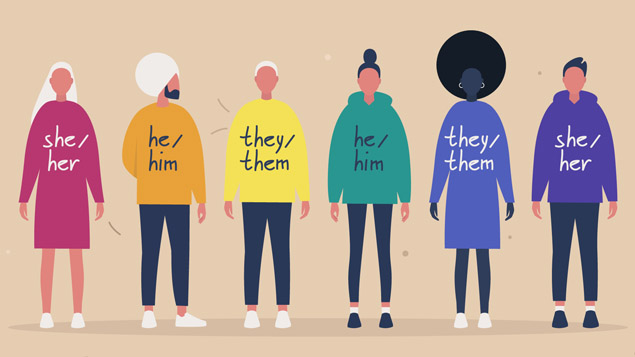Adriy Hlazkov.
A strategy for achieving gender equality aimed at making society more just, more equal, more comfortable for life for both men and women in the long term.
Gender mainstreaming is seen as a strategy for achieving gender equality. It includes the integration of gender-sensitive policies and spending programs to combat discrimination.
Gender mainstreaming makes government interventions more effective and ensures that inequalities do not persist.
Gender mainstreaming seeks not only to avoid creating or exacerbating inequalities that can have adverse consequences for both women and men.
On March 5, 2020, the Commission presented its Gender Equality Strategy 2020-2025. The strategy sets policy goals and actions to tackle gender equality challenges in Europe and “seeks to mainstream a gender perspective in all policy areas, at all levels and at all stages of policy development.
How it works?
Beyond specific goals and objectives in the strategy, gender mainstreaming requires a clear action plan.
Such a plan should be context-sensitive, meet the necessary conditions, cover all relevant aspects, use methods and tools, and ensure that results are delivered as planned.
Gender-sensitive policies ensure that the needs of all citizens, women and men, are equally met.
Integrating a gender perspective into politics means that equality between women and men must be taken into account in all decisions at every stage of the policy-making process by all parties involved.
#HumanRightsFoundation
#ФундаціяПравЛюдини
#Чернігів
#Чернігівська область
#РазомМиСила
#TOGETHER_WE_CAN
#ChePolytech
#Che_Polytech
#60років_ЧНТУ
#ЧНТУ
#люблю_чнту
#найкращийунівер

